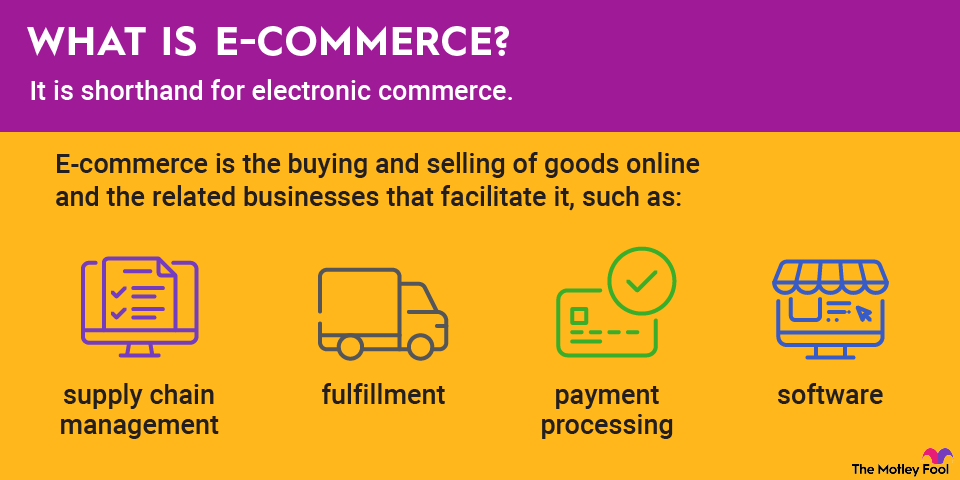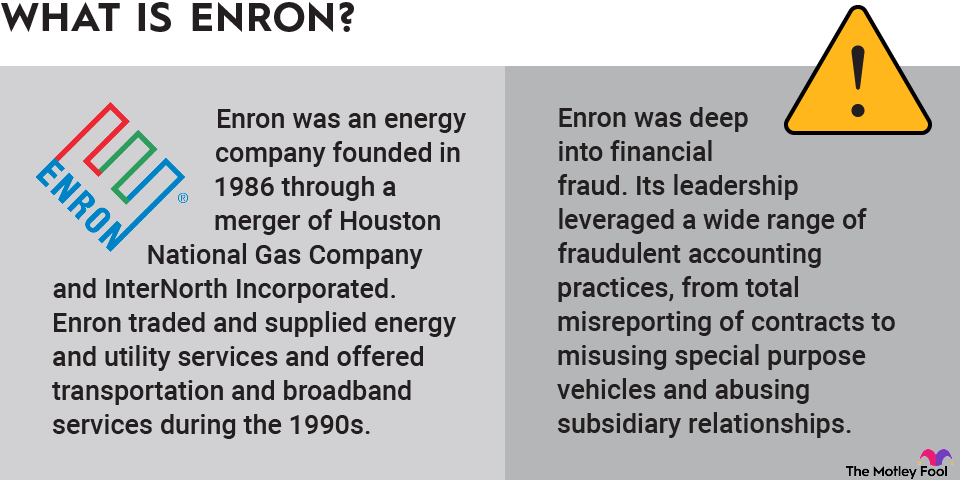The U.S. federal government has tremendous powers that no private organization can match. Among its foremost powers are waging war, collecting taxes, printing money, and regulating commerce. According to the Constitution, the government has several additional powers. One of the more controversial is eminent domain.

What Is Eminent Domain?
Eminent domain is the government's lawful taking of private property for public use. According to the Fifth Amendment, a landowner must be given fair compensation if their property is taken. Eminent domain can occur with or without the owner's consent, and it's often litigated in the courts.
A brief history of eminent domain
Eminent domain was exercised by European royalty or the ruling class. The United States was the first democratic government to formalize the practice, adding protections for the property owner, including the requirements that the land be taken for public use and the owner be given fair compensation.
Many famous parks and public works are the results of eminent domain. Eminent domain was commonly used in the construction of railroads, for example, since railroads needed a right-of-way to run between destinations.
Land for parks, like Rock Creek Park in Washington, D.C., and Central Park in New York, were acquired through eminent domain. The creation of Central Park required moving 1,600 poor residents from what was largely undeveloped land at that time. Eminent domain was also invoked for a number of other well-known developments in New York, such as Lincoln Center.
Eminent domain was also used to help build the Hoover Dam and AT&T Stadium, home to the National Football League's Dallas Cowboys. The practice was common in the construction of the interstate highway systems and involved in the destruction of a large number of neighborhoods in cities across the country when it was built.
Because eminent domain involves the real loss of individual properties and homes, it's controversial and often litigated in the courts, where judges must decide what constitutes public use and fair value.
What you should know about eminent domain
Although eminent domain can be highly disruptive to an individual property owner, the practice is not that common, and you're unlikely to be involved with an eminent domain "taking," as they're known. According to one estimate, there are about 5,000 eminent domain cases each year involving lawsuits in the country.
Individual homeowners likely aren't at risk of an eminent domain seizure, but a controversial case in New London, Connecticut, gave the city the power to seize property for private interests rather than public use. The Supreme Court found that the goal of generating tax revenue and jobs from the economic development project was sufficient to exercise eminent domain.
Eminent domain procedures often occur when a government condemns a property or decides it's blighted, which makes it easier to convert to something new.
If the government is interested in seizing your property, you'll likely receive a letter of intent. If you don't believe you're being offered fair value, you can sue the government for fair compensation. Although you may get more money, you'll be unlikely to stop the government from taking your property.
A famous example of eminent domain
There are a number of important examples of eminent domain that have helped establish or shift legal precedents or are well known for historical purposes.
In 1896, for example, Congress fought to remove the Gettysburg Battlefield from the Gettysburg Railway Company for preservation reasons. The railroad sued, saying that the taking violated its Fifth Amendment rights, but the court ruled that it was compensated fairly.
Related investing topics
The case of Kelo v. the City of New London in 2005 may be the most famous eminent domain case because the Supreme Court established the right of private businesses to seize land that could, in theory, be used to "create jobs and increase tax revenues." This expanded the legal reach of eminent domain, and its application continues to be litigated.
For instance, in a 2021 case, PennEast Pipeline Co. v. New Jersey even gave the pipeline company the right to use state-owned lands for private development.
Eminent domain will likely continue evolving as new use cases are tested in court. Although it's unlikely to affect you personally, it's a concept worth understanding, especially if you're a real estate investor or interested in the limits of the government's reach.



















